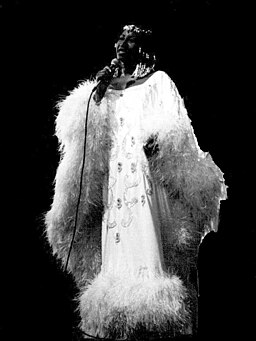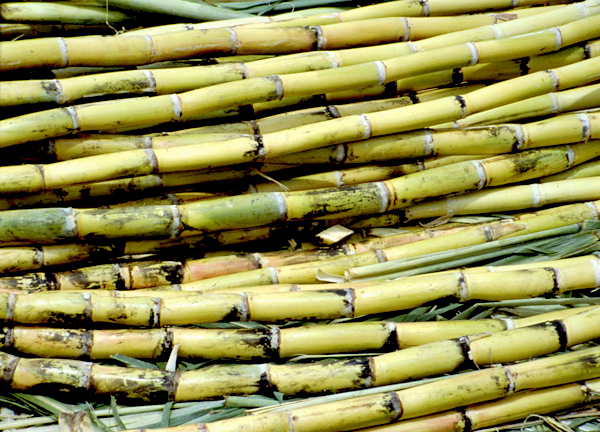Disclosure: I was sent a copy of this book in exchange for an honest review. All opinions are my own.
When Hazel was younger, we loved exploring the world and participated in a blog group celebrating food from around the world. We did the series Around the World in 12 Dishes. I miss it sometimes because it got us exploring different dishes. Some we loved and others not so much. Today I get to share a book that lets you explore the world through food so basically our series in one book sort of. The book is Ultimate Food Atlas: Maps, Games, and Recipes for Hours of Delicious Fun by Nancy Castaldo and Christy Mihaly. It is from National Geographic Kids and is recommended for ages 8 to 12 but could work with younger kids with adult help.







































